Ravi Patel feels lucky.
At the onset of the coronavirus pandemic last spring, Patel, a senior in the College of Business Administration, had secured a finance internship at a distribution facility in Illinois. Although he worried the internship would be canceled or pushed back due to COVID-19, from May until August, Patel gained firsthand experience with the booming e-commerce economy.
“Experience is key,” Patel said. “A lot of people get hung-up on GPA, which is important, but what I found employers are looking for are people who have real-world experience they can give to a company at a very young age.”
But for other graduating seniors, COVID-19 impacted their original plans for their lives after graduating from Marquette. These struggles are reflective of obstacles faced by last year’s graduates.
Forty percent of respondents answered “yes” to the question of whether the pandemic had impacted post-graduation plans, according to Marquette’s Undergraduate First Destination Survey for the 2019-2020 graduating cohort. When students were invited to elaborate on how their plans had changed, several themes emerged, including general difficulties with the job search process, canceled internships and hire freezes on fields of interest.
“If employment is lower, and unemployment is higher, there will probably be a little bit harder of a time finding the ideal job right after graduation,” Nicholas Jolly, associate professor of economics, said.
For Daniel DeWald, a senior in the College of Health Sciences, with COVID-19 came the unexpected loss of pre-med research opportunities, and his next steps became less certain.
“No hospitals were open to visitors this past summer, so I really wasn’t able to get that experience I wanted to,” DeWald said.
DeWald made plans to take the Medical College Admissions Test his senior year rather than his junior year like most pre-med students. But because clinical experience was hard to come by during COVID-19, his plan for one gap year became plans for two.
Students may feel ashamed of taking a gap year, or feel nervous about telling others about their decision, DeWald said. Although his friends and colleagues have been supportive of him, the pre-med majors can be competitive and drive students to compare themselves to others.
“It makes me sad, and I wish I could have my future laid out for me like they do already,” DeWald said.
Courtney Hanson, director of Marquette’s Career Services Center, said in an email that while the pandemic has caused a bump in the road for students’ futures, there has been a wide array of reactions. Some students have had the fortune of pursuing careers that have thrived through the pandemic, while others are entering hard-hit industries.
“Some students have career interests that align with industries that have done well during the pandemic and they are able to secure a position that aligns directly with their career goals,” Hanson said. Among the fields that have done well are e-commerce, IT support services and medical research.
For Linus Gilius, senior in the College of Business Administration, the pandemic has not affected his confidence in the post-graduation job market.
“The pandemic created a new normal moving forward in this working environment and I think graduating seniors will be at advantage of this,” Gilius said.
The COVID-19 pandemic caused substantial short-term disruptions to the labor market, but the long-term improvement of specific industries remains unclear.
While unemployment, as of March 2021, is down from April 2020, at 6%, it is still significantly higher than its pre-pandemic 3.5% in February 2020, according to the Bureau of Labor Statistics. Long-term unemployment (those without a job for 27 weeks or more) numbers are up 3.1 million since pre-pandemic, but haven’t changed significantly over the past month.
“It seems like we’ve reached this plateau, and things are slowly getting better, but that recovery hasn’t been fully achieved yet,” Jolly said. “We’ve kind of stalled, from a national labor market point of view.”
Among the hardest hit industries from COVID-19 shutdowns are air transportation, food services and hotels.
However, the decrease in unemployment from April seems to be pointing toward job growth as businesses and industries continue to re-open, which may be promising for graduates.
With vaccine rollouts and the re-opening of businesses, many employers report that they will be increasing their college graduate hiring numbers, compared to the fall, according to the National Association of Colleges and Employers. Further, significantly fewer businesses reported that they would be decreasing their college graduate hires, compared to the fall.
Some, however, still fear the uncertainty of the labor market, and have opted for pursuing volunteer opportunities or shifted their focus to graduate school, Hanson said.
“Other students have realized they need to consider their skills and knowledge more broadly and are pivoting to work that will use their skills and help them grow, but may not be the exact path they imagined for themselves pre-pandemic,” she said.
While graduate school had always been the plan, the pandemic expedited the process for Grace Kaniewski, senior in the College of Arts & Sciences. Kaniewski said she had planned to take a gap year, but feared she wouldn’t find a job, and opted to apply to graduate school right away.
“COVID actually kinda pushed me almost a little more … I always wanted to go into health care, but everything seemed so bad and it seemed like a way I could be a part of the help,” Kaniewski said.
While she is confident in her decision to attend Northeastern University in the fall to pursue a career as a psychiatric nurse practitioner, Kaniewski is apprehensive about not being able to save up prior to attending graduate school.
She said she also feels nervous jumping back into a rigorous schedule after the flexibility of hybrid learning, though she doesn’t necessarily feel unprepared skill-wise.
“I’ve kinda begun to teach myself a little at this point,” she said. “I was nervous if I was going to be ready to go back into the classroom at high speed when I had been in this weird academic transition period for a year and a half.”
With a year of self-teaching and lost experience, Kaniewski said she expects the integration of new graduates into the workforce to be slowed down as extra on-the-job training may be required. Some of her friends feel similarly, with lost internships taking a toll on their feelings of preparedness, she said.
“Eventually, (graduates) will be mobile through different jobs and different employers, and eventually their earnings will accumulate and grow … it just takes a lot longer,” Jolly said.
DeWald feels assured in taking more time to sort out his future.
“The world is so different from what it was when I was studying a year ago,” DeWald said. “With all the stress going on with COVID-19 and other academic things, a lot of people are spending a lot more time trying to get their lives together.”
The more vocal DeWald is about his plan with others, the more students he finds who are in similar boats, he said.
“I had a conversation with one of my classmates, and I was telling her about my gap years, and she was like, ‘oh, I’m so happy talking to you about this, because I think I’m going to have to do the same thing,’” DeWald said.
This month, the Office of Institutional Research Analysis launched the 2021 Graduating Senior Survey with a few COVID-19 adjustments to the current senior class. The survey catalogues graduating seniors’ overall experiences with their Marquette education, engagement in co-curricular activities and immediate plans for the future.
“They have now had over a year to adjust to our remote learning environment and are in a unique position to reflect back on their years at Marquette both pre-pandemic and currently,” Laura MacBride, associate director of institutional research, wrote in an email.
Despite all of these obstacles and adjustments, plans are ultimately being made, even if not to graduates’ original trajectory.
In his two gap years, DeWald plans to take his MCAT, apply for clinical experience and apply to medical school.
“I am going to be a completely different person two years out of college than I would be if I had gone straight to medical school,” DeWald said. “I’m looking forward to that person I am going to be.”
This story was written by Lelah Byron and Amanda Parrish. They can be reached at lelah.byron@marquette.edu and amanda.parrish@marquette.edu.

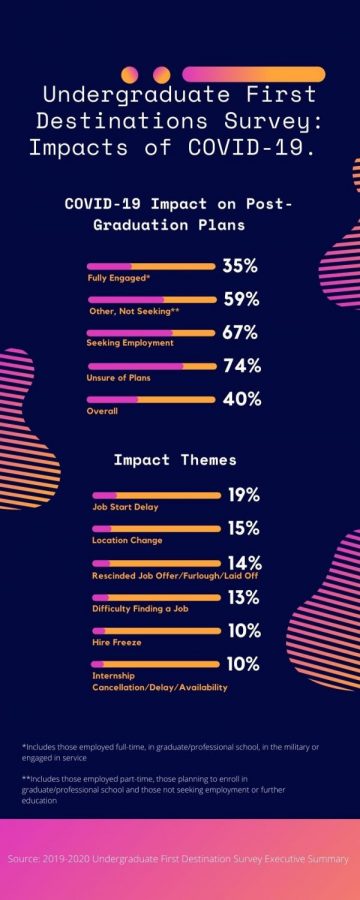





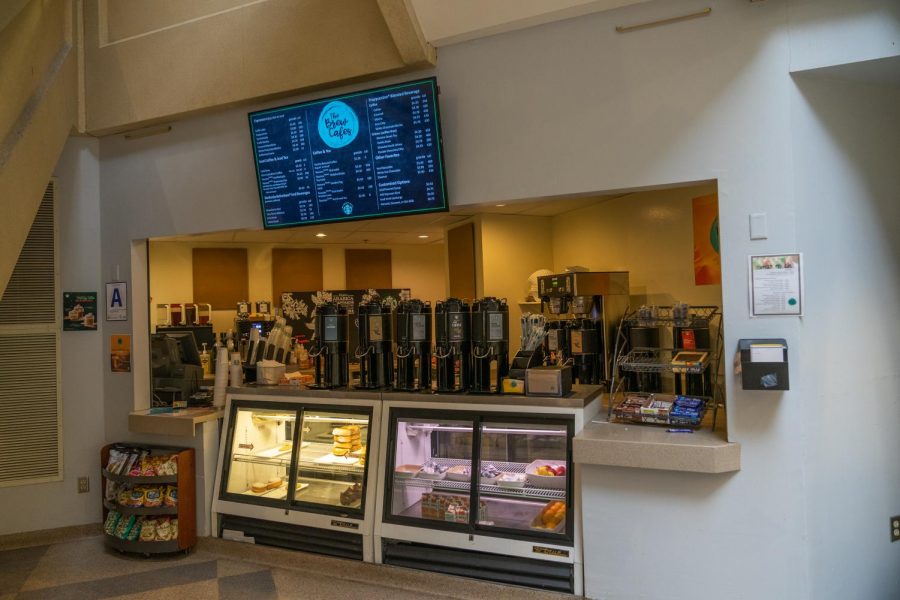
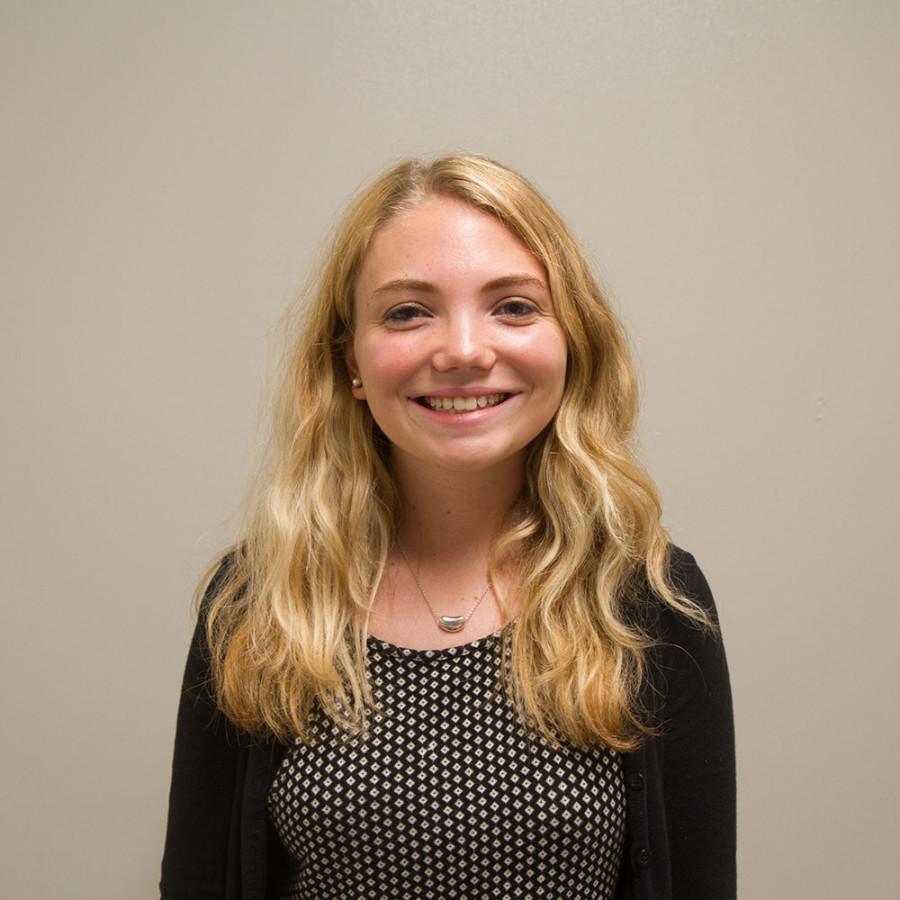
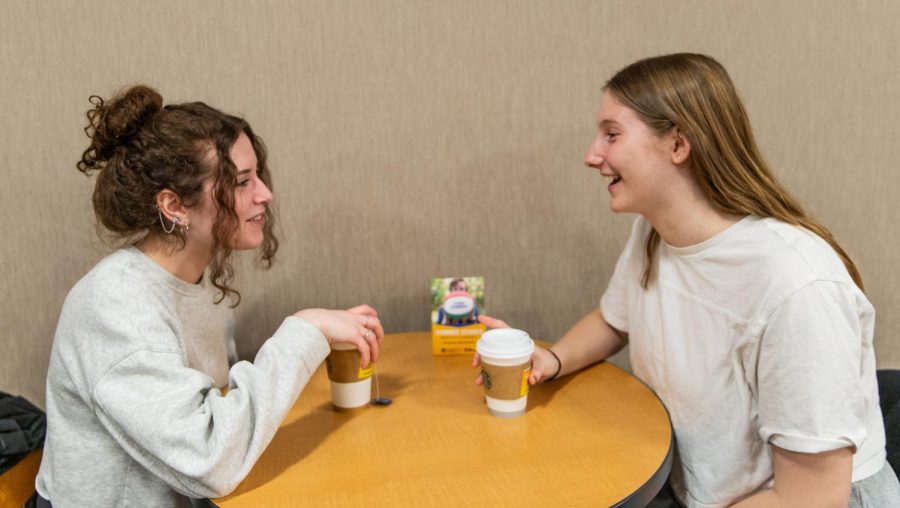
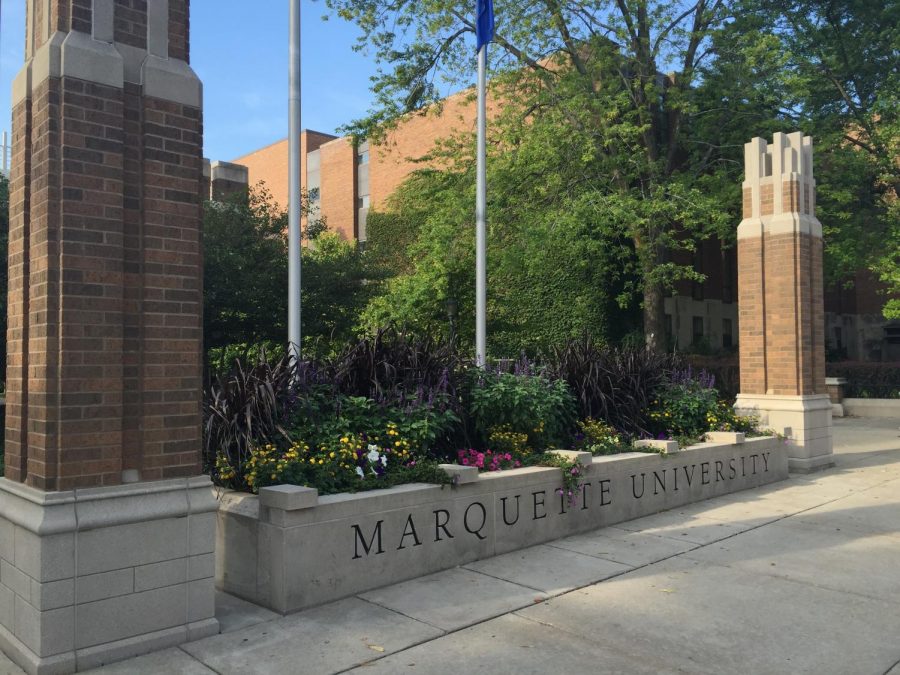
Rick • Apr 21, 2021 at 9:10 am
I graduated in 1974. I am still trying to find someone to lay out my future for me! LOL
Good luck to you!